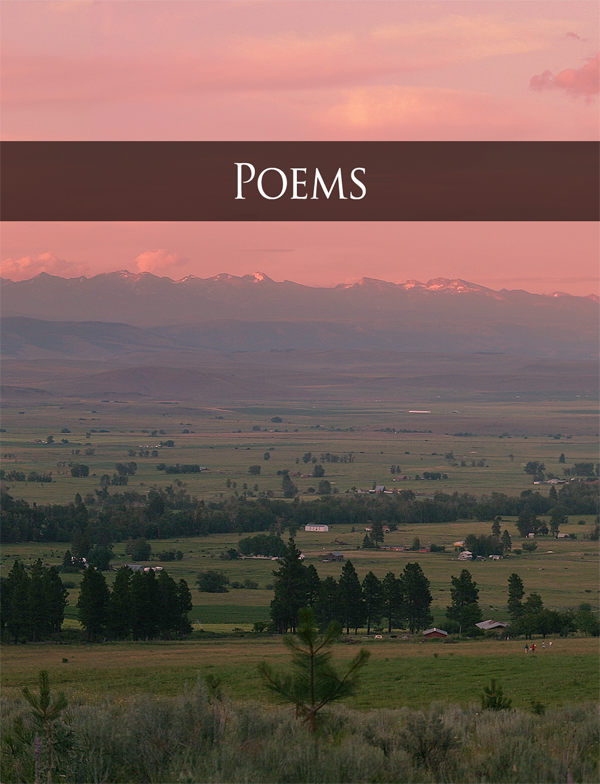Ode to an English Teacher Who Doesn’t Like Rhyme
The only things equal to well-worded rhyme
Are wordlessness, silence, and well-practiced mime.
Adding some adjectives to everyday speech
Will never put Shakespeare within talent's reach.
Ponder a while William's twenty-ninth sonnet:
The Bard had to work very hard upon it,
To place ten syllables within each short line
And still achieve meaning, iambus and rhyme.
Frost's "Stopping By Woods" is a true masterpiece:
Short syllable, long syllable, lilting peace,
So peaceful you feel that nothing's the matter—
And notice you please the clever rhyme pattern.
Poe's "Raven" gives the opposite sensation,
And perfectly uses alliteration:
His "silken, sad, uncertain rustling" may deal
A foreboding inside that's totally real.
Free verse doesn't require such hard work and thought.
Free verse poets are neither sought nor much bought,
Nor quoted, memorized nor ever made famous.
—From all such free types may the Lord please save us.
And isn't it fact that 'most all the Lord's hymns
Are rhyming verse written and sung about Him?
And how would you ever remember a song
That was just conversation that prattles along?
16 December 1997
Written to the kids' English teacher, Mrs. Lay,
who claimed to not like rhyming verse!
